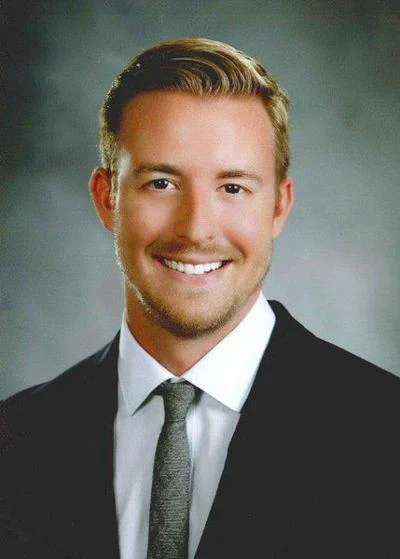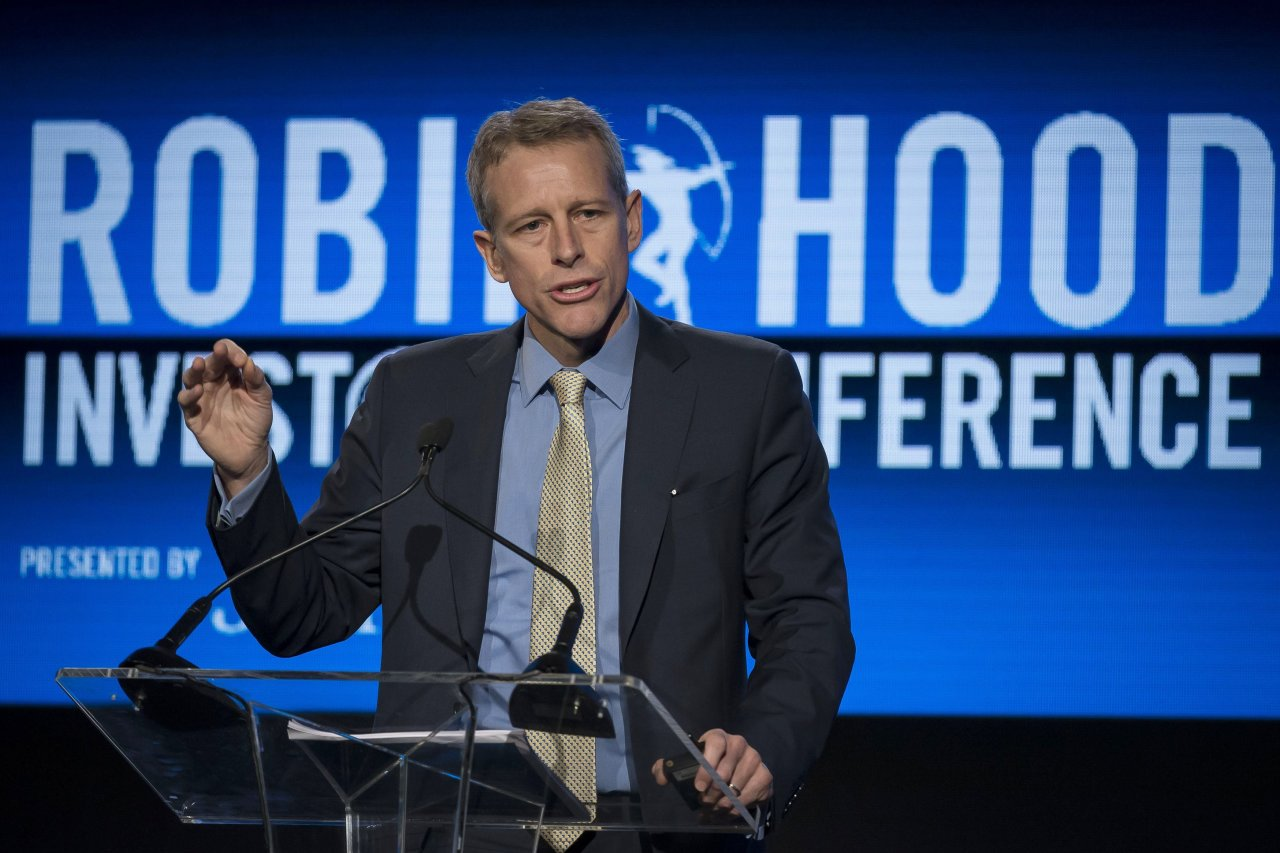We've been cranking the treadmill (or, if you prefer, the hamster wheel) for years. One of the through lines of No Child Left Behind and the imposition of Common Core was that schools had become havens of laziness. Teachers were lazily allowing low expectations to let students languish, lazily, on the curbs of the highway of education.
So part of every solution involved cranking up the treadmill. Turn kindergarten into the new first grade! No, make it the new second grade!! Check to see that eight year olds are on the college track! Get those kids off the playground and back into the classroom for more educating! Test every year, repeatedly, so that we can see results NOW NOW NOW! Make middle school the new high school! Get high school students to take college courses (because if you don't go to college you'll end up broke and in a crappy job living in a tiny apartment eating cat food warmed up on a hot plate so for God's sake get to college now)! Let's get 4 year olds--no, 3 year olds-- into academic settings.Plus one of the oddest things to bleed through from the business-minded approach to education-- the enterprise must grow from year to year. So we must somehow socially engineer each class of students to be smarter, faster, stronger, more highly achieved than the last.
So the treadmill has gotten faster and faster and faster. And the effect on our children has been visible and sometimes heartbreaking. They grow up thinking they're on a razor's edge, one wrong move away from some disaster that "proves" how unworthy and weak they are. I wrote about this all the way back in 2015 and it's still a worthwhile, applicable read. Instead of building strength and confidence, the treadmill was grinding it down.
And then COVID dragged the treadmill to an abrupt halt.
Not a careful gliding slow-to-stop, but in many places as abrupt as a railroad spike through the drive shaft. People stumbled, fell, smacked their faces off hard surfaces.
Then the panic-- we've got to get you running again, somehow, even a little. Maybe--I don't know--a virtual treadmill. Just get up and wipe that blood off your face. Walk it off. Maybe we can get you into a private treadmill.
Then many people--both young and not-so-young--slowly realizing "Hey, running like a crazy person on a cranked-up treadmill was hard, and I'm not even sure why I was doing it, and just sitting here resting and running at my own pace in my own direction--that all feels pretty good." Followed by, in the case of many adults, "I quit."
But of course while adults were free to join the Great Resignation, children were not. And pretty soon adults were pleased to announce that the treadmills were up and running again, and children had better Get Back To It. So they've been put back on the treadmill, and the treadmill has been turned back on, and the speed has been ramping up.
Folks still in the trenches tell me that this last year has been the worst one so far. That's anecdotal. Meanwhile, articles about teen mental health decline and why teens are so sad and college students are not okay and behavior problems are rampant and, incidentally, teachers are having a rough time-- they're all over the place.
For five minutes there was a dream that while the treadmills were down we could maybe rethink the whole treadmill thing and tweak or even replace the whole approach. It seems pretty clear that those five minutes are up, and we are shoving children (who, in many cases, have been through three or four levels of mess) back up on the treadmills and spitballing ways to get things cranked up again (maybe if we give more standardized tests, we can better figure out how to get the treadmills up to maximum speed). Even as a generation of students consider their bruised and bloody not-yet-healed knees and think, "I don't really want to get back on there."
Not only did we miss the opportunity to be better, but we have failed to learn critical lessons about how easily the treadmills can break down and crash to a damaging halt.
When the treadmills stopped this time, we failed to do better. Unfortunately, we'll probably have another chance.





